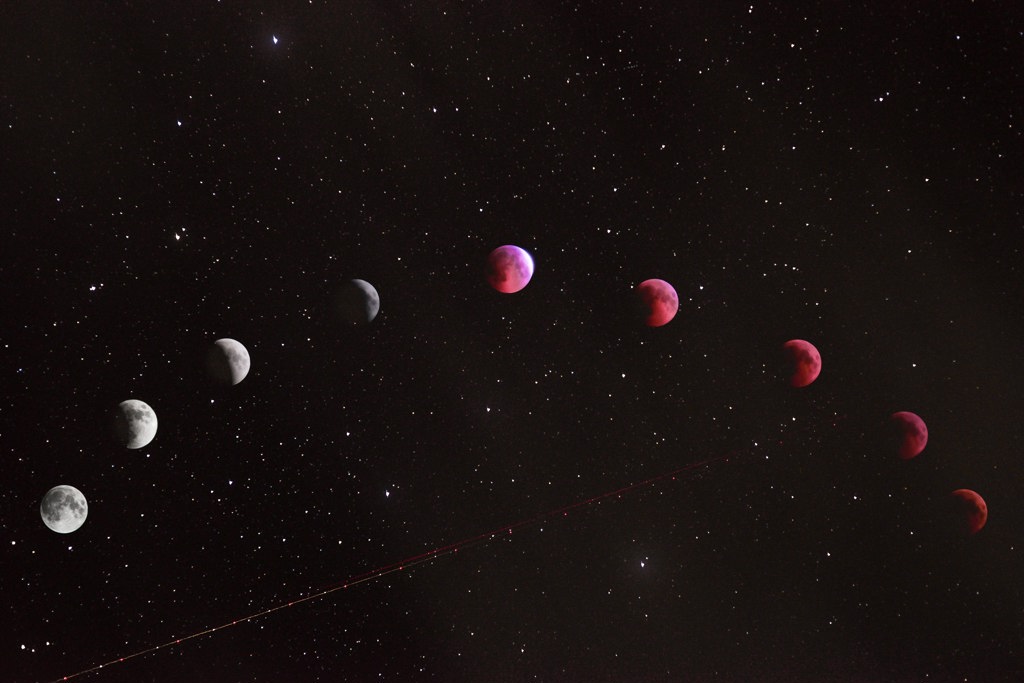It might be fun to share your star sign or take interest in its origins, but in reality, it has no impact on who you are as an individual.
It’s become a common trend to ask others what their star sign is. While some might do this for fun or simply in hopes of starting a conversation, others hope to learn about an individual’s characteristics based on their star sign alone.
Unfortunately for them, they won’t find much.
A 1985 study developed alongside 28 leading astrologers gathered a number of participants’ times and places of birth and personality tests. The astrologers then attempted to match a series of personality tests with each person’s time and place of birth, a task they failed to accurately complete.
This is just one of many historical tests disproving the claims of astrology, which makes claims that have been debunked for a long time. There’s a reason why scientists refuse to accept astrology as a type of science, unlike astronomy.
If years’ worth of studies aren’t enough to convince you, observe the objective errors that exist within the modern understanding of astrology.
Because of a phenomenon known as axial precession, the Earth’s axis is constantly rotating, albeit incredibly slowly. The Earth’s axis completes a full rotation once every 25,700 years, creating a ‘wobbling’ effect. This rotation causes the northern and southern poles to change the direction in which they point, meaning the stars in the sky appear to change over time as well. This also affects the zodiac as its constellations appear in different areas of orbit.
The problem lies in the fact that modern humans use the same star signs outlined by ancient Babylonians. Since the Babylonians’ time, axial precession has caused the Earth’s orientation to shift, meaning that constellations appear elsewhere in the sky compared to their positions thousands of years ago. This means that each person’s ‘true’ star sign is the one before the one used by astrologers. In other words, each person’s given star sign is inaccurate based on the Sun’s true position.
Things only get worse from here when the 13th star sign is introduced.
In between Scorpius and Sagittarius is a constellation on the zodiac that is often forgotten, called Ophiuchus. Of course, this constellation was present during the Babylonians’ time, but because there are 12 months in a year, they chose to arbitrarily ignore this constellation despite its position on the zodiac.
Those born between Nov. 29 and Dec. 18 should actually be using this star sign, but astrologers choose to ignore it.
This proves that there’s nothing factual about astrology based on the position of constellations, the Sun or the Earth. Even if astrology held any merit, it wouldn’t be based on the objective positions of the constellations on the zodiac, it would be based on whatever the Babylonians deemed worthwhile to include.
Everything that astrology claims to offer can be scientifically explained, such as planets in retrograde. Planets do not actually move backward in their orbit; rather, the Earth simply passes by them making it temporarily appear as though they are moving backward.
Picture this: you’re sitting in a car and looking out the side window as you drive down the highway. If there is a truck in the lane next to you moving in the same direction as your car but at a slower speed, it will appear as though that truck is moving backwards as you race past it. In reality, the truck is still moving forward – it just looks like it’s moving backward from your perspective.
There’s nothing spiritual about this effect. It’s an optical illusion.
Some might wonder why their star sign’s attributed personality traits still apply to them if astrology holds no merit. This can be explained through the Barnum effect.
The Barnum effect is a psychological phenomenon in which individuals believe that a given set of personality traits specifically apply to them, when in reality, are intentionally vague and generic enough to apply to pretty much anyone. This same effect is used by fortune tellers and aura readers. If a personality description is broad enough, it can apply to almost every person, yet individuals will still feel like it’s specifically tailored to them.
Your star sign doesn’t define you; its characteristics are just so generic that it can describe just about anyone with some degree of accuracy. When that set of characteristics is given to an individual as if they apply specifically to that person, they’re simply more likely to believe it.
Every element of astrology can be debunked, either astronomically or psychologically. There is no truth to astrologers’ claims, just clever manipulation of an individual’s sense of self.
Star signs can be a fun conversation starter or icebreaker, but those who let astrology dictate their lives would be wise to search for guidance elsewhere.

